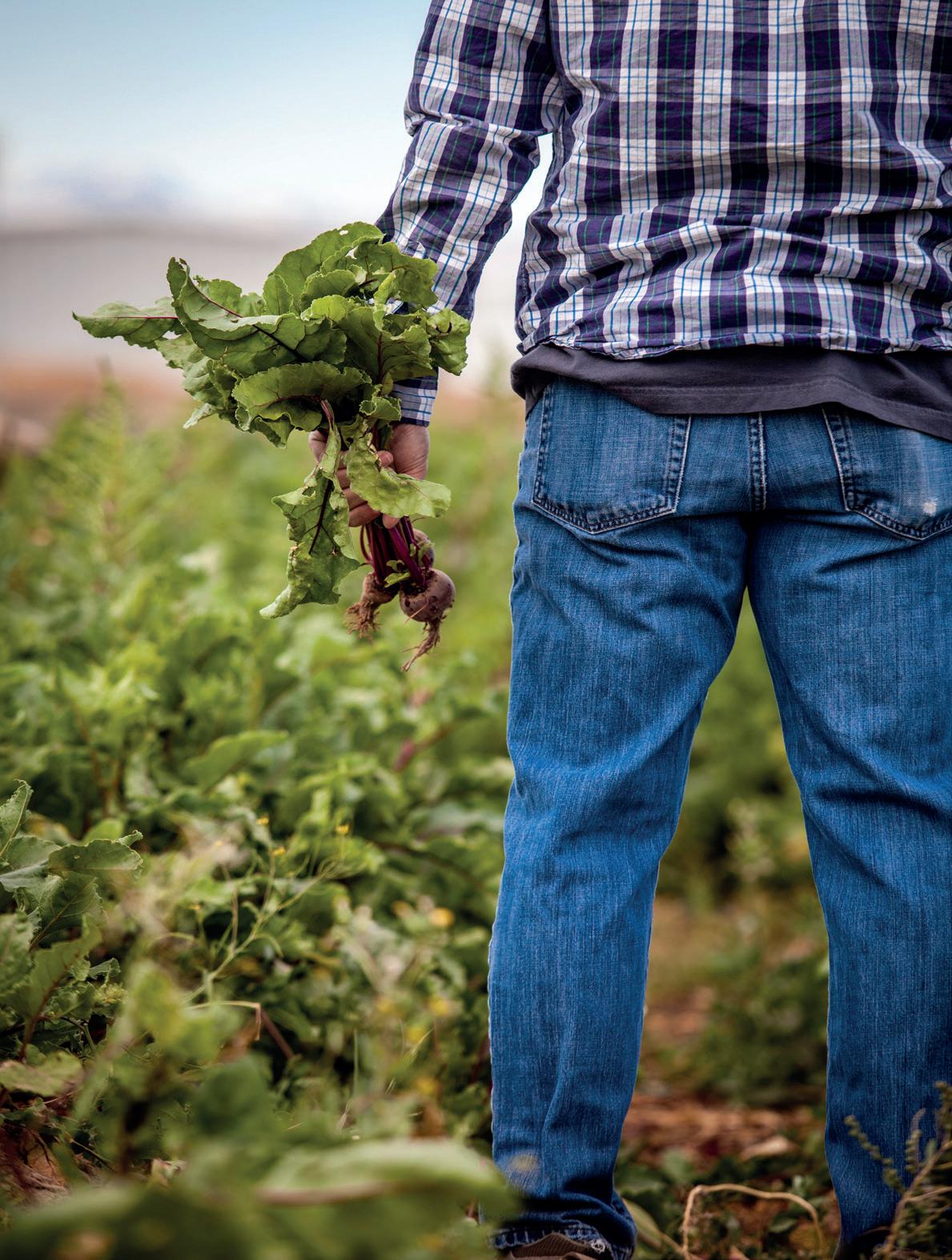
1 minute read
Farmers in the UK received less than 0.5% of promised post-Brexit money
Poppy Bedford - News sub-editor
Over three years ago, the UK left the European Union, and to say the road has been smooth sailing would be a grave insult to all that we have lived through. Of course, the Covid-19 pandemic and subsequent fallout have been influential on the UK economy, and we are still living in the aftermath of that, however, as we move forward, the price of Brexit and poor leadership has become increasingly apparent.
Advertisement
It is no longer uncommon to see empty shelves in supermarkets, nor is it an unusual sight to see shops closing on the high street, as they are unable to afford the rising costs of remaining open.
easier and more comfortable (missiles aside) than trying to do the same in peace-shattered Penrith.” a large farm on the Holkham Estate in Norfolk, saw the farm’s subsidies cut by 45% last year and estimated a loss of £100 million in government funding. Holkham Estate are trying to prepare for the same amount of underspend this year as well.
Farmers are a key example of the repercussions of Brexit. As strike action reinvigorates itself this year, it is becoming more apparent that no one is happy with the situation we have found ourselves in.
58% of farmers who voted for Brexit were subsidised £3 billion from the government in the run-up to the 2016 Brexit referendum, despite the fact farming in England is only 0.7% of our overall GDP. Farming practices are crucial to Britain's economy and as such this money was largely undisputed as it was deemed necessary for the industry to run efficiently.
However, since leaving the European Union, the scheme to subsidise farming has changed almost every year, and with each new government, payments keep getting cut away. It has reached the stage where, on average, farmers saw a 22% loss of government funding last year, with a suspected 36% this coming year.
Tim Farron, the Liberal Democrat's environmental spokesperson has said “They [the Conservatives] have rushed to cut basic payments and failed to deliver the new schemes on time. […] This will lead to farmers going out of business, which means that we will fail to deliver vital environmental goals. […] It’s hard to know if this is incompetence or deliberate betrayal of our rural communities, but they amount to the same thing.”
Freelance reporter Liz Cookman returned from documenting the war in Ukraine and commented, “working in war-torn Ukraine is
Some farmers, however, like Jake Fiennes, a conservationist who manages
With 12,000 farmers leaving the profession from 2021 to 2022, it is somewhat underwhelming that the government has only had 2,000 farmers signed up to its latest scheme for sustainable farming practices, especially as 92,100 farmers are currently in business in the country.










